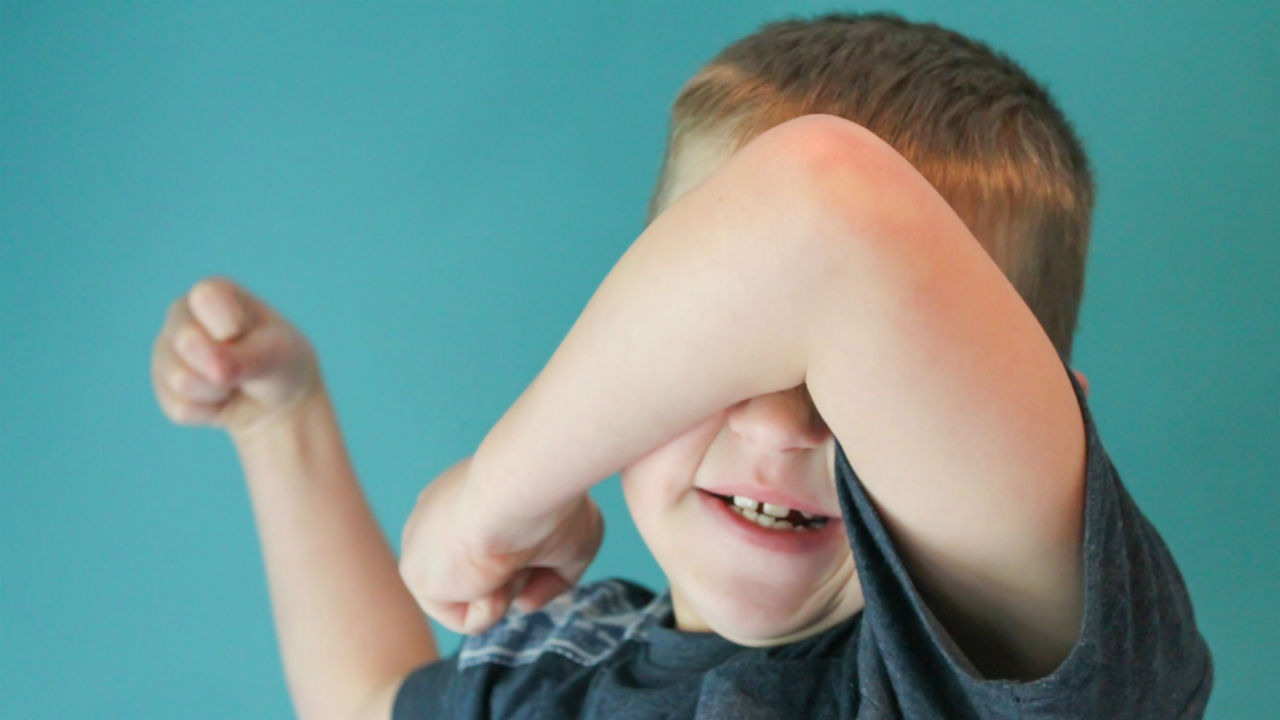 Photo: Getty Images
Photo: Getty Images
The classic attention deficit hyperactivity disorder, or ADHD, symptoms of hyperactive, inattentive and impulsive behaviors overlap with symptoms of many other psychological and neuro-behavioral conditions. So to arrive at a confirming diagnosis, the psychiatrist will perform a set of tests such as neuro-imaging, laboratory tests, interviews and physical examinations. The popular and effective tests to diagnose ADHD are:
1. The DSM IV criteria (commonly used in the U.S.), measures the signs of hyperactivity, inattention and impulsiveness. It provides a list of signs of inattentive behavior and a similar list of hyperactive behavior. To make a confirmed diagnosis of ADHD, the child must be exhibiting at six of the listed signs of the category for a period of at least six months. The age of the child when symptoms started to appear and the setting where they almost always occur are also taken into consideration.
2. ICD-10 criteria (common in Europe) also gauge signs of hyperactivity, inattention and impulsiveness along with pervasiveness and differential symptoms of the suspected child to give a confirmed diagnosis. The condition here is classified as hyperkinetic conduct disorder.
So, once the child has been clinically diagnosed as having ADHD, what can the parents expect in terms of treatment?
There are a few ways to manage the condition. These include mainstream treatments with medication and psychological therapy. New research also suggests that alternative therapies may benefit the ADHD child. Here is a brief overview on what your doctor could prescribe:
• Medicines: Remember that the route of medicines is not generally prescribed to preschoolers. The medicines come with side-effects such as loss of appetite and weight, issues with sleeping, etc., and they require long-term usage. You need to speak to your doctor about the specific medicines he or she prescribes for your child.
Currently, stimulant drugs containing compounds such as Methylphenidate*, Dextroamphetamine-amphetamine, or Dextroamphetamine are favored over other stimulants. In general they address the symptoms of hyperactivity, inattention and impulsive behavior in children by bringing chemical balance in the neurotransmitters of their brain.
*It should be noted that Methylphenidate is a controversial, highly controlled and scheduled medication (in the U.S., U.K., and New Zealand) and its possession by any person without prescription for ADHD or similar conditions is considered criminal and punishable by law.
Along with this, a non-stimulant drug of the compound atomoxetine is also recommended when stimulants do not achieve the desired effect. However, it harms the liver with long-term usage.
Anti-depressants and medication for hypertension (clonidine and guanfacine) are also used as auxiliary drugs to manage ADHD.
• Support counseling and psychological therapy can also help bring relief of symptoms. It especially benefits children whose suspected cause for ADHD are physical and emotional abuse, dysfunctional families, etc. Counseling could take the form of psychoeducational input, behavior therapy, cognitive behavioral therapy (CBT), interpersonal psychotherapy (IPT), family therapy, school-based interventions, social skills training and parent management training.( Source: CG72 Attention deficit hyperactivity disorder (ADHD): full guideline" (PDF). NHS. 24 September 2008. Retrieved 2008-10-08.)
• Alternative therapies mainly take the form of nutrition, herbal medications and homeopathy.
Nutrition: This approach suggests supplementing healthy foods with ample quantities of vitamin B6, magnesium, omega 3 and iron.
Herbs and natural foods such as gingko biloba and American ginseng are also considered beneficial for ADHD patients. Centella Asiatica (also called gotu kola) and green oats (also called avena sativa) are other natural herbs that claim to treat ADHD.
Homeopathy offers its range of powerful chemicals to treat ADHD. Each ADHD patient will be gauged as per their symptomatic and behaviorism uniqueness. Depending on their body constitution and medical history, they could be prescribed with any or a combination of any of homeopathic remedies. These include: Aconite, Argentum nitricum, Arnica, Aurum metallicum, Baryta carb, Belladonna, Chamomilla, Calcarea carb, Cina, Ferrum metallicum, Kali bromatum, Lycopodium, Lachesis, Natrium muriaticum, Phosphrus, Suphur, Platina, Veratrum albino, and Zincum metallicum.
Despite all the options available currently, ADHD at best can only be managed and not treated completely. Almost 50 percent of children grow into adolescence experiencing the same symptoms regardless of the treatment route they have opted for (Source: Bálint S, Czobor P, Mészáros A, Simon V, Bitter I (2008). "[Neuropsychological impairments in adult attention deficit hyperactivity disorder: a literature review]" (in Hungarian). Psychiatr Hung 23 (5): 324–35. PMID 19129549). However, as they mature they develop methods around which they continue to live their lives as normally as they possibly can hope to. It is safe to say that ADHD affects almost all areas of the person’s life such as his or her ability to complete an education, get a job, marry, drive, take care of his or her own health, lead a safe lifestyle, hold on to successful friendship and other social relationships.
It is thus essential that when you have a child diagnosed with ADHD that you support him/her through this very challenging situation.
• Always keep in mind to show a lot of love and acceptance to the child.
• It is important that you remain calm and try to be patient with the child.
• It is necessary to keep your expectation in check especially if his/her sibling is normal.
• The child should be well rested.
• You can help by maintain a regular schedule for them – with regular hours for meals, play, work and rest.
• Take care of your own needs as this is a long battle and will take getting used to.
• Give yourself and the child a break and go out to enjoy yourselves.
• Try to avoid foods, people and situation that are recognized triggers for your child.
• Talk to the teachers and doctors to keep everybody in the loop.
• Join a support group of parents with similar children and find out what they are doing.
ALL INFORMATION GIVEN IN THIS ARTICLE IS TO BE CHECKED WITH YOUR DOCTOR BEFORE IMPLEMENTING IT OR TAKING IT AS STANDARD OR VERIFIED.
Mamta Singh is a published author of the books Migraines for the Informed Woman (Publisher: Rupa & Co. URL: http://www.amazon.com/Migraines-Informed-Woman-Tips-Sufferer/dp/8129115174/ref=sr_1_2?ie=UTF8&s=books&qid=1298990756&sr=1-2), the upcoming Rev Up Your Life! (Publisher: Hay House India) and Mentor Your Mind (Publisher: Sterling Publishers). She is also a seasoned business, creative and academic writer. She is a certified fitness instructor, personal trainer & sports nutritionist through IFA, Florida USA. Mamta is an NCFE-certified Holistic Health Therapist SAC Dip U.K. She is the lead writer and holds Expert Author status in many well-received health, fitness and nutrition sites. She runs her own popular blogs on migraines in women and holistic health. Mamta holds a double Master's Degree in Commerce and Business. She is a registered practitioner with the UN recognised Art of Living Foundation.






Add a Comment2 Comments
Hi Nancy,
May 7, 2011 - 7:22amThank you for sharing!
Best,
This Comment
Nice overview. One important thing to note is that children with ADHD cna develop ODD - oppositional defiant disorder). It is more difficult to treat than the ADHD. There are also a number of other co-morbid conditions. To find out more, and to read some good treatment techniques, go to http://www.milestonemom.com/.
May 6, 2011 - 10:57amThis Comment